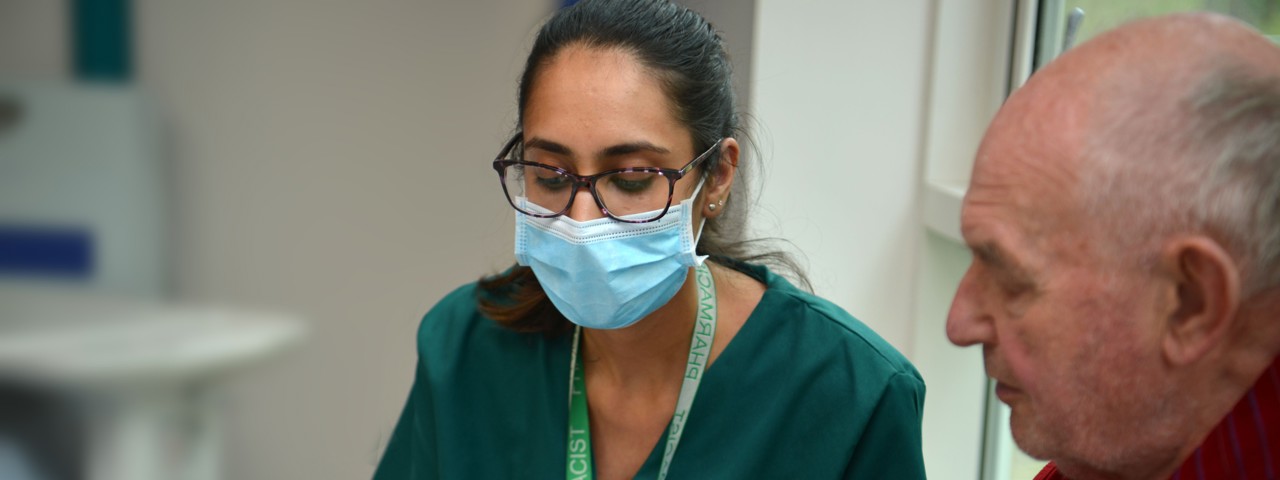Pelvic sympathectomy
What to expect during pelvic sympathectomy treatment - injection of local anaesthetic and steroid anti-inflammatory - in the Pain Management Unit at the Royal Berkshire Hospital
Read more
What to expect during pelvic sympathectomy treatment - injection of local anaesthetic and steroid anti-inflammatory - in the Pain Management Unit at the Royal Berkshire Hospital
Read moreWhat happens during an ultrasound examination of the pelvis in the Radiology (X-ray) Department at the Royal Berkshire Hospital
Read moreAdvice following an investigation to find why there is a problem getting or maintaining an erection in the penis
Read moreExplains what an MRI scan of the penis entails, including the benefits and possible risks
Read moreExplains a procedure to insert a fine plastic drainage tube through the skin into an obstructed bile duct to allow the bile to drain externally temporarily
Read moreWhat happens during PCI treatment for coronary artery chronic total occlusion (CTO)
Read moreInformation about a procedure where very low temperatures are used to freeze and destroy tumour cells in the kidney
Read moreWhat a percutaneous lung biopsy is, what happens during the procedure and what the possible risks are
Read moreAnswers to some of the questions that you may have about percutaneous nephrostomy
Read moreAdvice following a procedure to treat a thyroid nodule by inserting a needle under ultrasound guidance and destroy tissue using heat
Read moreAdvice following a procedure to the treat a “malformation”, a collection of abnormally developed blood vessels or lymphatic channels
Read moreAdvice following a procedure to relieve the blockage in your biliary system that is causing your yellow discolouration, possibly itchiness and/or infection
Read moreTreatment of a fluid (blood/gel/pus) filled or a gas filled cavity inside the bone or soft tissues of the mouth
Read moreExplains why you have been referred to this clinic and what to expect at your appointment
Read moreExplains what periocular skin cancers (on the skin around the eyes) are and how they may be treated
Read moreWhat a Peripherally Inserted Central Catheter (PICC) is, why they are used and what is involved when you have one placed
Read moreHow an infection within the peritoneum is treated and how it can be further prevented
Read moreUseful information on suitable activities to keep children with Perthes active and flexible
Read moreUseful information for parents and carers on Perthes disease (hip disorder), and how your child may be affected and the condition managed
Read more